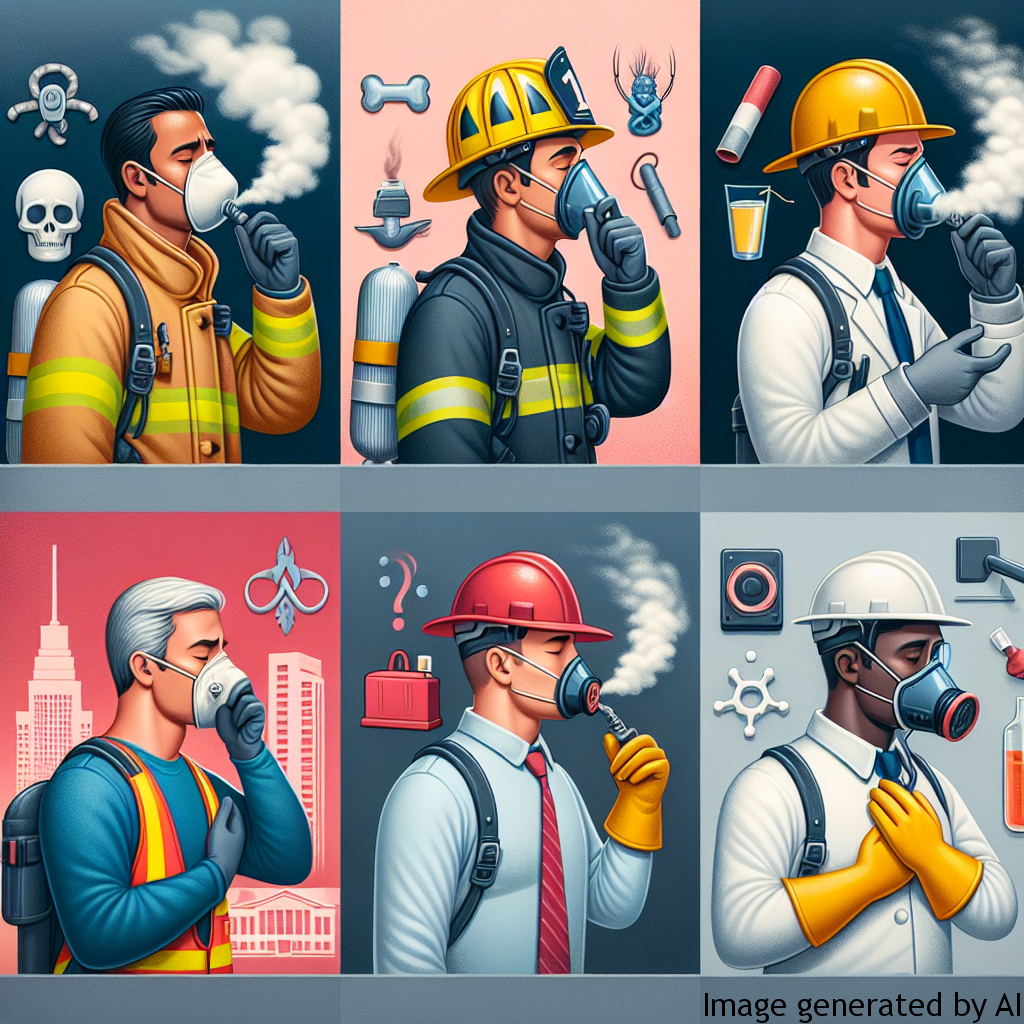Introduction
Occupational hazards, those risks associated with specific industries and roles, play a significant role in the development of male diseases. Men often occupy risky jobs such as construction, mining and firefighting, which expose them to physical hazards, dangerous chemicals, and high levels of stress. These hazards profoundly affect both their physical and psychological health. The situation is often further complicated by gender expectations that dictate how men should behave or react to certain situations, further predisposing them to diseases and poor health outcomes.
Description of Gender Expectations and Their Impact on Men’s Psychological Health
Gender roles have traditionally influenced the division of labor, with men often engaging in physically demanding or dangerous work. The societal expectation that men should be ‘tough’ and show little vulnerability can have damaging effects on their mental health.
Masked Depression
One way that gender expectations impact male psychological health is through what some psychologists refer to as ‘masked’ depression. Men, under societal pressure to appear strong and unperturbed, might hide their feelings of depression. This suppression of emotions can lead to the development of physical symptoms and harmful behaviors, such as substance abuse, as coping mechanisms.
Stress and Anxiety
Workplace pressures, particularly in high-risk occupations, combined with the societal expectations about the male gender role, can lead to high levels of stress and anxiety. The expectation to ‘tough it out’ can leave men feeling trapped, unable to express their feelings, leading to serious psychological distress.
Examples of How Gender Roles Can Impact Men’s Lives
One of the most significant ways gender roles impact men’s lives is in their career choices and working conditions. For instance, men are more likely to work in roles that are physically intense or dangerous, such as construction, mining or firefighting. These jobs often expose them to occupational hazards that increase their risk of developing physical diseases, like respiratory issues, back injuries, or even cancer.
Moreover, the pressure to provide for their families financially can lead to chronic stress, which adversely affects their mental health. This, combined with the societal norm that discourages men from seeking help, increases the risk of developing mental health issues like depression and anxiety.
Advice for Improving Psychological Health with Consideration of Gender Roles
Addressing the issue of occupational hazards and their impacts on men’s health involves both a societal and individual approach. Societal changes should include breaking down harmful gender stereotypes, promoting mental health awareness, and implementing safer workplace practices. On an individual level, men should be encouraged to express their emotions freely, seek help when needed, and take care of their physical health.
Conclusion
The role of gender expectations and occupational hazards in the development of male diseases is a complex issue, but acknowledging it is the first step towards finding solutions. Men’s psychological health should be given as much attention as their physical health, especially given the risks associated with many male-dominated professions. For a healthier and more equal society, it’s vital to challenge traditional gender roles and promote better working conditions for all.

